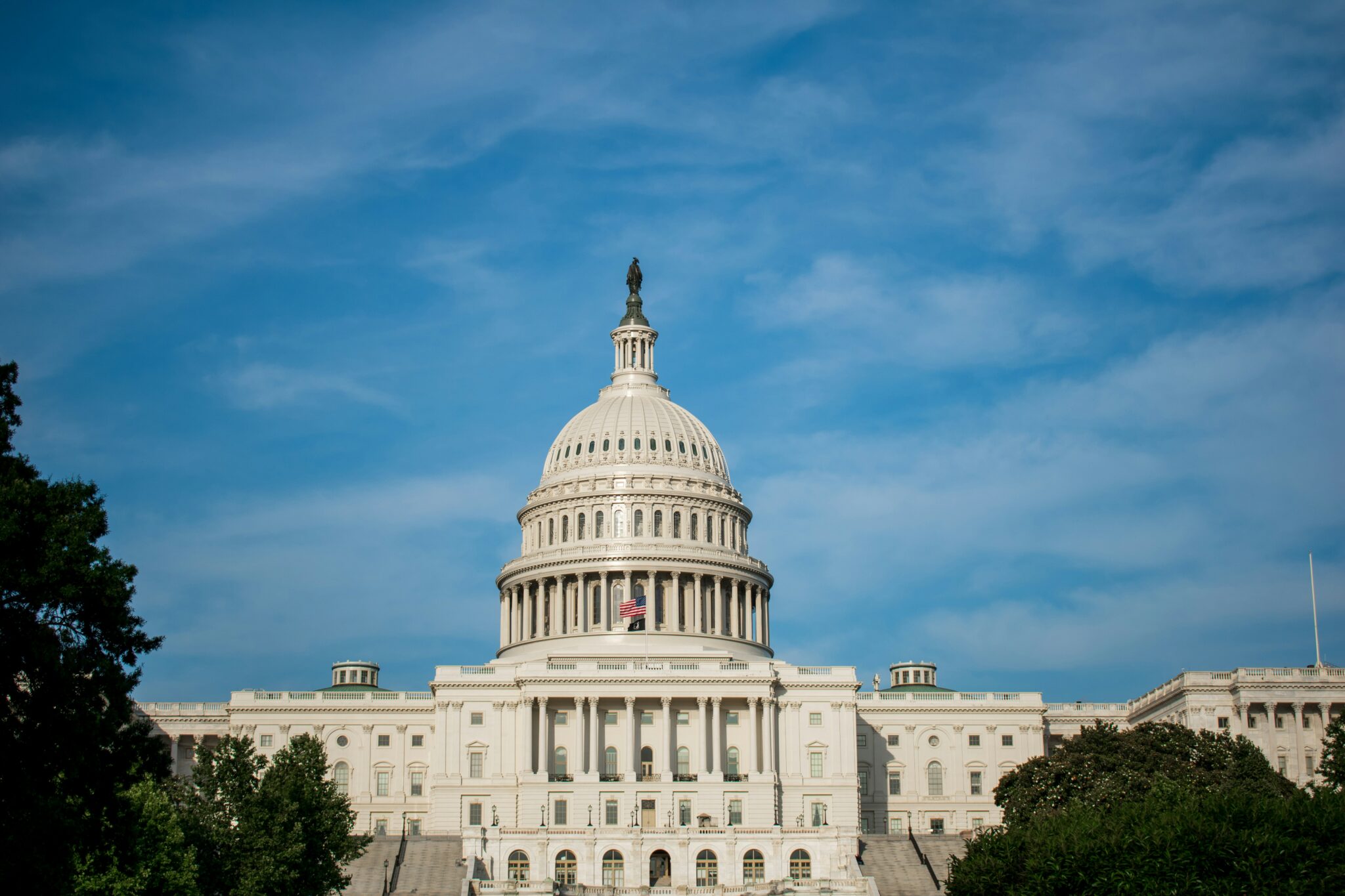
Esther Ritchin is a student at Harvard Law School.
In today’s news and commentary, DOL attempts to abolish subminimum wage for workers with disabilities, AFGE reaches remote work agreement with SSA, and George Washington University resident doctors vote to strike.
This week, the Department of Labor proposed a rule to abolish the Fair Labor Standards Act’s Section 14(c) program, which allows employers to pay subminimum wage for employees with disabilities. The program currently covers just under 40,000 workers, about half of whom are paid $3.50 an hour or less–some less than a dollar–for tasks such as shredding documents and providing janitorial services. These employers, often known as “sheltered workshops,” employ people with disabilities separately from other workers. They have long been controversial, with many disability rights advocates calling them isolating and exploitative, while others laud the opportunities they provide.
The American Federation of Government Employees reached an agreement with the Social Security Administration (SSA) protecting hybrid work for its approximately 42,000 employees. This agreement reflects the existing policies of the SSA. This agreement may prove a roadblock to Trump’s planned Department of Government Efficiency, to be headed by Elon Musk and Vivek Ramaswamy, the latter having expressed intent to mandate in-person full time work for all government employees.
Earlier this week, resident doctors at George Washington University Hospital voted to strike, absent significant changes and concessions from the hospital. The main points of contention include raises to better reflect the cost of living and mental health services, the latter a significant demand in light of the suicide of a resident last year. 98% of residents voted to authorize the strike.






Daily News & Commentary
Start your day with our roundup of the latest labor developments. See all
February 17
San Francisco teachers’ strike ends; EEOC releases new guidance on telework; NFL must litigate discrimination and retaliation claims.
February 16
BLS releases jobs data; ILO hosts conference on child labor.
February 15
The Office of Personnel Management directs federal agencies to terminate their collective bargaining agreements, and Indian farmworkers engage in a one-day strike to protest a trade deal with the United States.
February 13
Sex workers in Nevada fight to become the nation’s first to unionize; industry groups push NLRB to establish a more business-friendly test for independent contractor status; and UFCW launches an anti-AI price setting in grocery store campaign.
February 12
Teamsters sue UPS over buyout program; flight attendants and pilots call for leadership change at American Airlines; and Argentina considers major labor reforms despite forceful opposition.
February 11
Hollywood begins negotiations for a new labor agreement with writers and actors; the EEOC launches an investigation into Nike’s DEI programs and potential discrimination against white workers; and Mayor Mamdani circulates a memo regarding the city’s Economic Development Corporation.